
Manufacturing wanes; services must absorb workers Shift factory skills into productive service roles Fund wage insurance, fast training, placement targets The decline of manufacturing in Germany isn’t just a predict
Read More
Europe’s Growth-at-Risk shows a heavy downside, despite upbeat markets High debt and defence needs tighten budgets, squeezing education Tie budgets to GaR triggers, secure funding now, protect teaching time The euro area owes a
Read More
Interconnectedness keeps small, open economies exposed despite stronger policies Dollar dominance—88% of FX trades, ~40% invoicing, $100T+ swaps—transmits shocks Fix the plumbing: stress-test FX markets, add regional lines, tighten rules, expand local-currency invoicing
Read More
Raise base pay to close gaps and stabilize schools Use low-bias bonuses to retain high-impact teachers in hard posts Pair pay reform with clean screening and clear metrics to lift quality We’re facing a serious probl
Read More
Leadership brings the trading edge; power beats tips Buys precede contracts, sales precede heat—disclosure failed Ban lawmakers’ individual stocks or require true blind trusts Here's the thing that screams out at
Read More
US fiscal sustainability is strained; interest now tops defense Italy rebounds with primary surpluses; France lags with 5%+ deficits A near-term US primary surplus would stabilize debt and shield education Interest
Read More
Trump 2.0 tariffs: 10% floor, 15% for dealmakers Campus costs climb—labs, AI gear, construction—equity gaps widen Plan for persistence: pool procurement, secure exemptions, fund aid and labs We often hear that tari
Read More
Benefits and working conditions make up a third to two-fifths of pay Unions shift value into enforceable rights when cash is tight, boosting retention Measure and fund non-monetary compensation to stabilize schools According t
Read More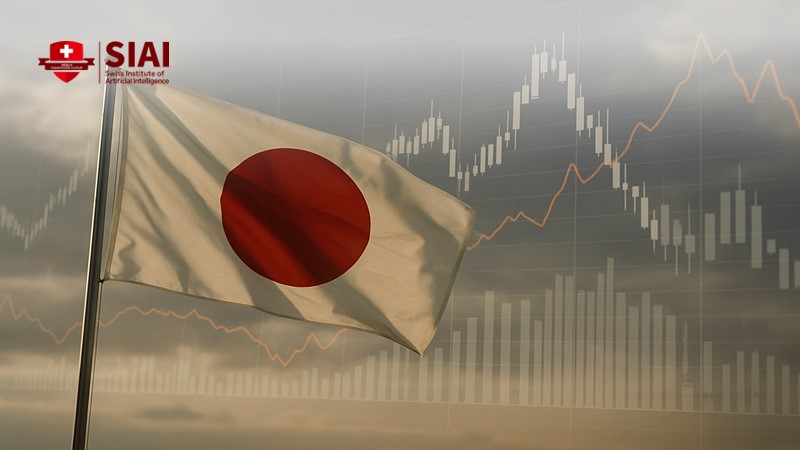
Stagflation: Abenomics won’t work Targeted relief; skills first Credible consolidation; productivity growth Alarming data, not just rhetoric, backs Japan’s stagflation.
Read More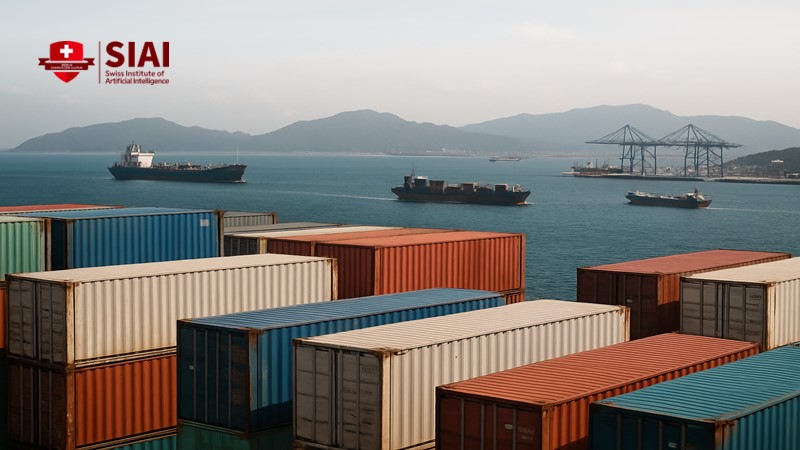
A Taiwan Strait shock would choke energy, chips, and shipping that keep East Asia learning Japan/Korea: oil-route risks; ASEAN: migrant, logistics, student shocks Protect schools now—fuel, offline kits, spares, regional compact
Read More
UK GDP per head is 6–8% below its no-Brexit path The slow-burn hit was masked by transition rules and the pandemic Without lower frictions and restored mobility, the drag endures; the U.S.
Read More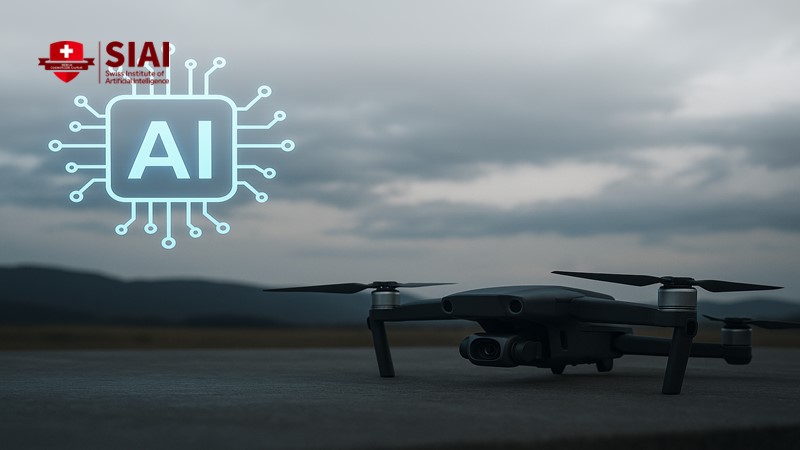
Defense AI education is the bottleneck between record defense spending and real capability Train stack-aware teams with mission credentials Scale safely with oversight and shared compute In 2024, global military spendi
Read More
LDP hegemony breaks; multipartism rises Japan political diversification is reshaping education Act now: language support, student metrics, local compacts Japan's politics are not just shifting to the right; they are changing dramatic
Read More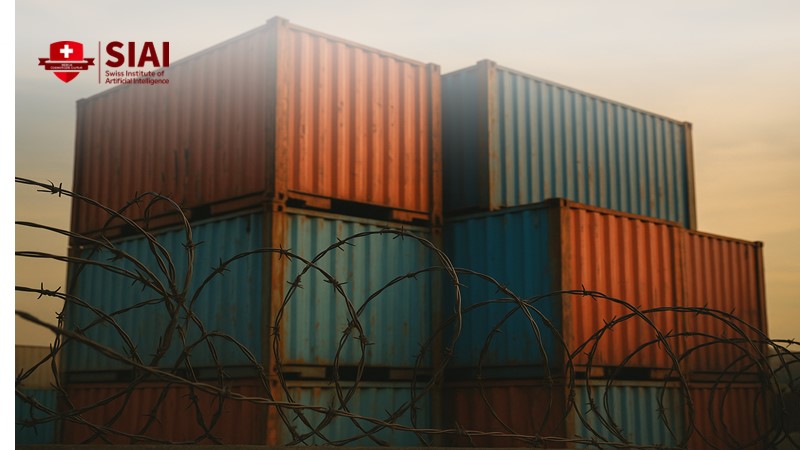
Supply bottlenecks cut euro-area output ~2.6%; Italy’s hit is larger Foreign-input reliance and SME limits slow substitution, raising costs in factories and classrooms Priorities: multi-sourcing, energy diversification, and digital tracking for public buyers and SMEs
Read More
Trump’s tariffs are driving factories and capital from China into Southeast Asia ASEAN is gaining ground in high-tech exports and global manufacturing Education and skills will decide whether this shift creates lasting, quality jobs
Read More
Industrial subsidy wars starve education just as industry needs more skilled workers Rivalry is shifting from price to rules, making compliance and MRV literacy essential Redirect subsidies into a “Skills Safe Harbor” that funds verifiable training and apprenticeships
Read More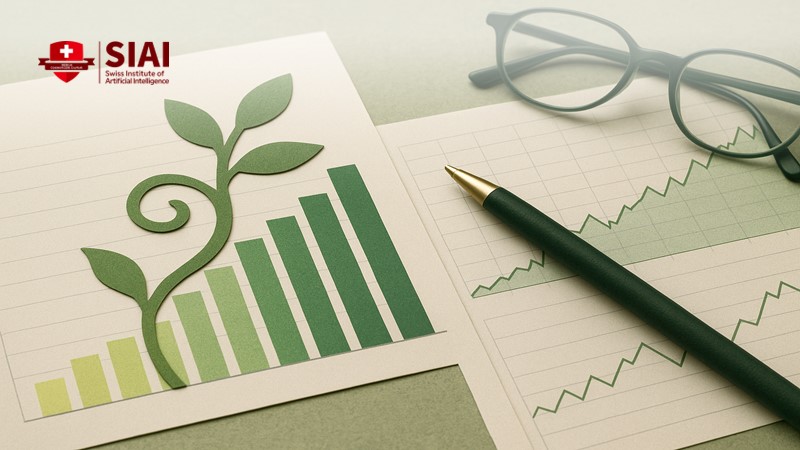
Green bonds are contracts, not labels; use-of-proceeds rules cut firms’ carbon intensity The greenium is small, but credibility and disclosure drive real operational change Tight EU standards can scale issuance into measurable emissions declines by 2030
Read More
AI in education is pattern matching, not true thinking The danger is confusing correlation with real causal insight Schools must demand causal evidence before using AI in high-stakes decisions In 2025, a national survey in the Uni
Read More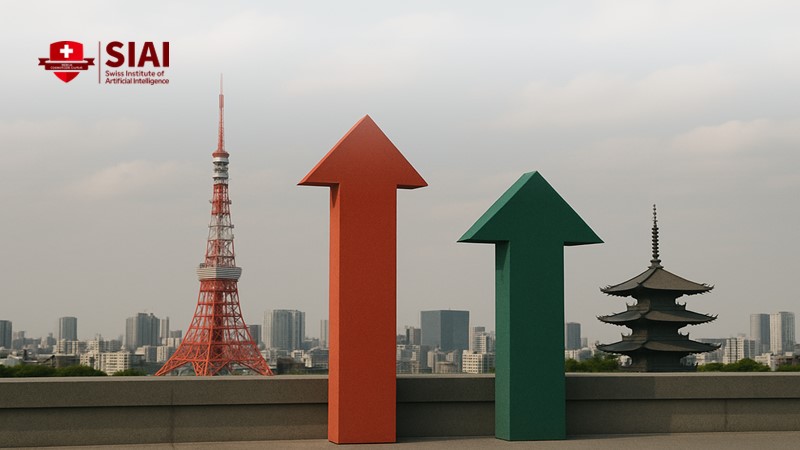
Osaka second capital now anchors a fragile coalition Capital shift could widen or rebalance regional education Classrooms can use this debate to teach coalition politics Japan’s new government was formed with two seats short.
Read More
Big firms helped drive the 2021–2022 inflation surge Granular data links market power and inflation Policy and teaching must reflect this granular reality In late 2022, inflation in the euro area reached a peak of 10.6%.
Read More











